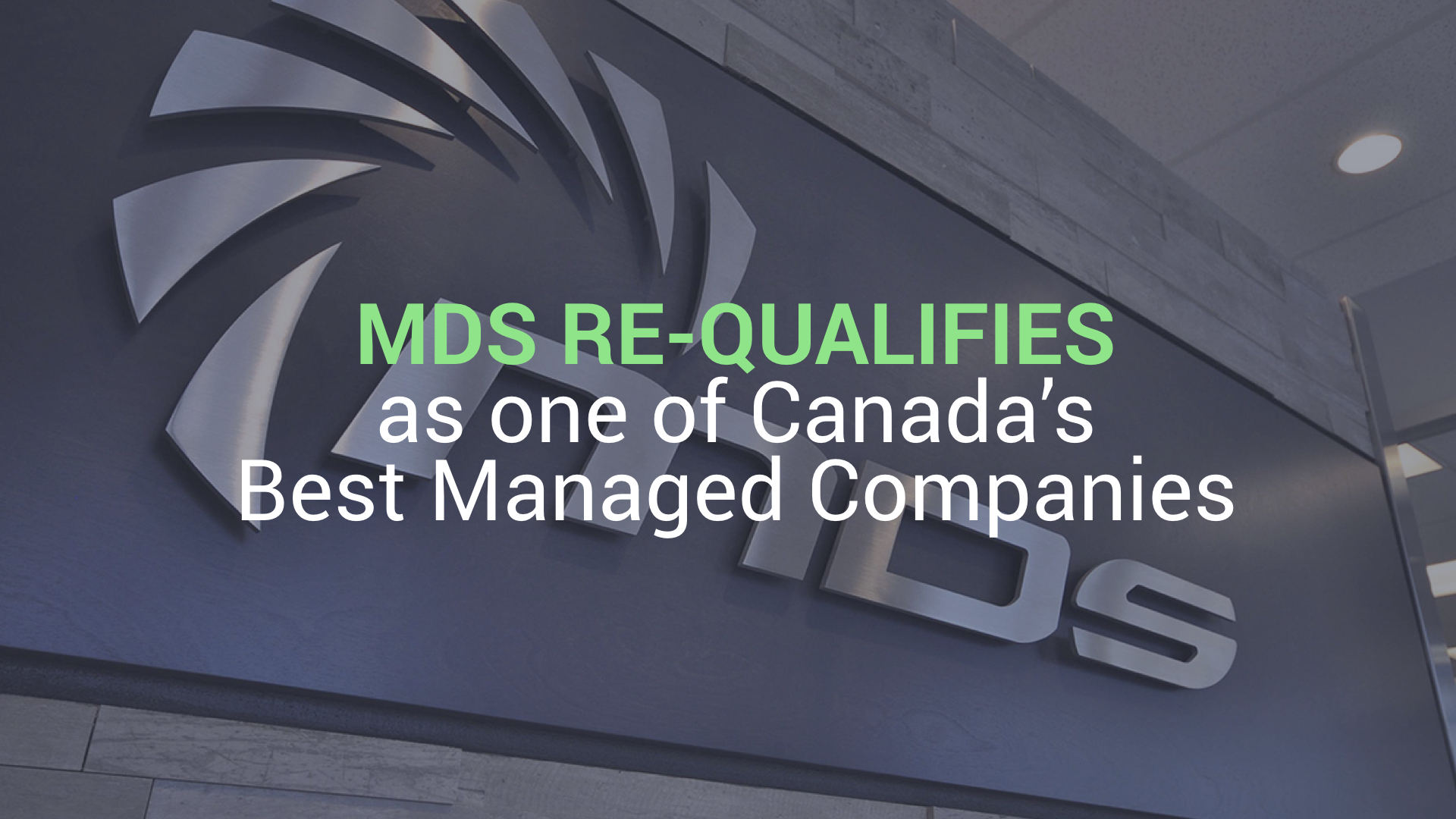Powering Up: From Construction Industry to Aero Engines
A finalist in the Business without Borders HSBC International Business Awards has built a niche in turbine engine testing.
By: Barbara Righton
MDS Aero Support Corporation is all about engines, big engines, all the time, all over the world. Working for manufacturers such as Rolls-Royce, General Electric and Pratt & Whitney, the Ottawa-based aerospace company builds facilities and runs complex measurement systems to test gas turbine engines for thousands of things including turbulence, thrust, noise levels and emissions. And that’s just the aircraft side. It also tests gas turbines for use in ships, power generation, and the oil and gas industry. Last year, it was instrumental in the design, building and operation of a cold weather test facility in Thompson, Man., the Global Aerospace Centre for Icing and Environmental Research (GLACIER). But CEO Kevin Fitzgerald didn’t come from NASA or even Boeing. He began in construction. Says Fitzgerald, “It was a bit of an unusual start.”
MDS Aero is a finalist in the 2012 Business without Borders HSBC International Business Awards. The company was born in Montreal in the mid-1980s when a construction company where Fitzgerald worked did a project for the Canadian military. “We were a sub-contractor to a British company that built test facilities for the CF-18,” Fitzgerald recalls. “And afterwards the military said, ‘We would like an engineering company in Canada to support these facilities and provide expertise in the future.’ ” The company founder thought the offshoot might generate work for the construction business, but MDS Aero headed on another course. “Today if you understood all the barriers to entry and the difficulties—getting acceptance and especially not having the technical background—you would say, ‘Well, that’s not a very smart idea.’ But what you don’t know sometimes makes life a little bit simpler.”
[raw]
As it turned out, experience in construction provided many strengths, among them the ability to organize large projects, coordinate sub-contractors and manage tight schedules. As well as attracting qualified employees, MDS Aero gained the support of General Electric. In the first few years, it counted the Department of National Defence as its major client. Then, says Fitzgerald, “We realized that to survive, we had to go international.”
[/raw]
In the late-1980s, the company found a project looking for a solution in, of all places, Casablanca, Morocco. Royal Air Maroc wanted to establish a repair and overhaul base. “We put a proposal together that included General Electric, Export Development Canada and the Canadian Commercial Corporation,” Fitzgerald says. “It was a $37 million project and included the construction of all the buildings. We exported everything except the sand and cement. We are still working there today.” In fact, MDS Aero is working on 25 projects in 16 different countries.
Aside from sheer audacity, there are three main things Fitzgerald credits for MDS Aero’s continuing success. “What set us apart from our competitors was that we started targeting locations they weren’t in, such as Russia,” he says. It took a long time to develop business there and the travel was daunting, but he went anyway. At the same time, he says, in the research development field, the company has been guaranteed steady work because, “The amount of ground-based testing to certify an engine has increased exponentially.” The third? “Over the years I have found that Canadian engineering and Canadian products are very well-respected throughout the world.”
His advice is textbook. “You have to be patient and persistent. You have to be aware of the differences in culture, language and work practices.” Most important, at home and abroad, “You really have to listen to the customer.” Take advantage of Canada’s export support agencies, he says—the EDC, for example, the Canadian Commercial Corporation, and Foreign Affairs and International Trade. “Without the support of those three organizations on the export side, we never would have succeeded.”
It helps too if you enjoy your specialty. Besides a 26-foot cruiser, Fitzgerald owns a 2009 Ford Shelby GT500. “I love pure power,” he says, especially when he is in the driver’s seat.
Reprinted courtesy of Business without Borders www.bwob.ca








